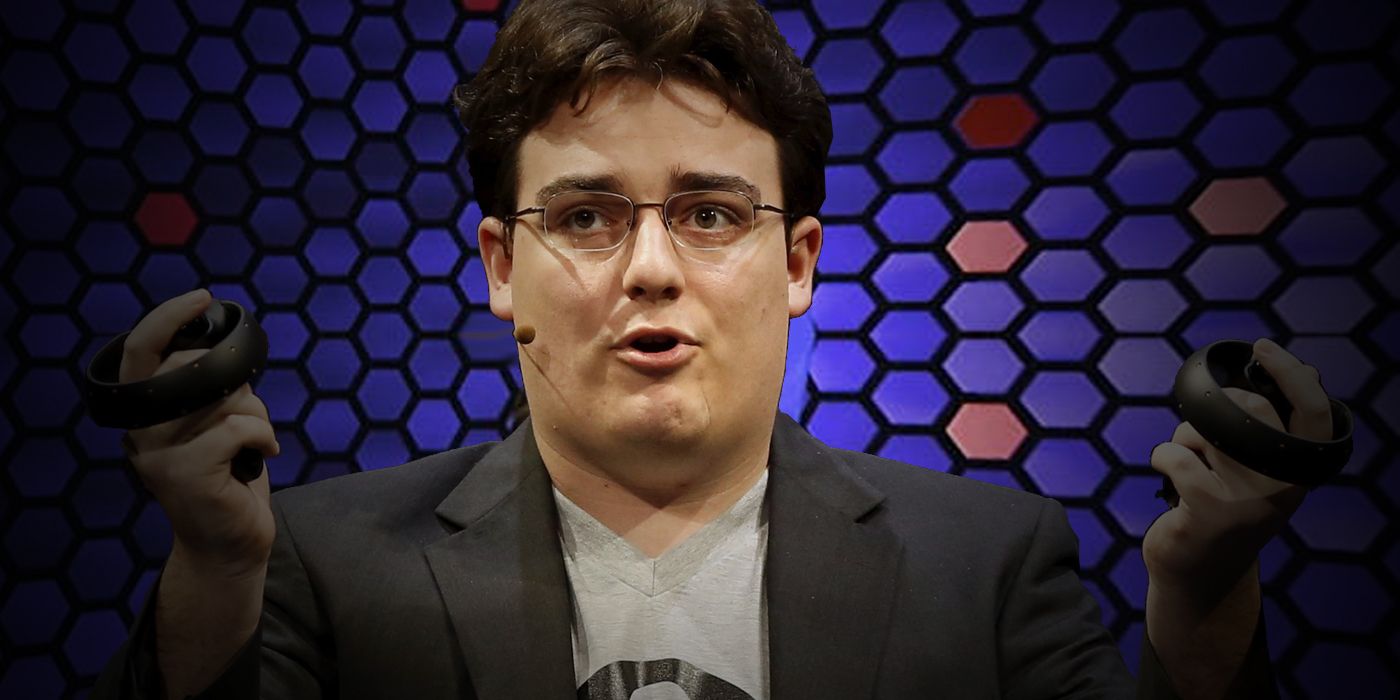Humanity has been imagining the potential benefits of virtual reality for the better part of the past century, but until very recently, most "VR experiences" have been either utterly primitive in function or prohibitively expensive to access. In 2012, the Oculus Rift was conceptualized and pitched by Palmer Luckey as the first affordable VR headset. Subsequently, Oculus earned $2.5 million in donations to realize the project in the most successful Kickstarter campaign at the time. John Carmack joined the project as Chief Technology Officer. Carmack was the co-founder of id Software, a subsidiary of ZeniMax Media since 2009, and the game developer behind Wolfenstein 3D (considered the original First Person Shooter), Doom, and Quake. Before the official public release of their first project, Oculus was acquired by Facebook for $2 billion. The Oculus Rift launched in 2016, alongside a number of competitors that had sprung up as a response to its announcement.
In 2014, ZeniMax claimed that the Oculus Rift was built on misappropriated trade secrets that were revealed to Palmer Luckey under an NDA. Furthermore, they argued that the project wouldn't have been possible without the expertise of John Carmack, whose VR knowledge was a result of ZeniMax's proprietary research. Last week, the lawsuit went before a jury, with ZeniMax demanding $4 billion. Oculus' lawyer argued that ZeniMax was simply "jealous", "angry", and "embarrassed", and that if they had the belief in the potential of VR or the capacity to build it, they would have done so.
Reported by Polygon, a Dallas, Texas jury has now ruled that while Oculus did not misappropriate trade secrets, they were guilty of violating Zenimax's non-disclosure agreement, copyright infringement, and false designation (lying about the origin of your product). ZeniMax was awarded $500 million. Per Polygon, "Oculus is paying out $200 million for breaking the NDA and $50 million for copyright infringement. Oculus and Luckey each have to pay $50 million for false designation. And [Oculus co-founder Brendan] Iribe has to pay $150 million for the same, final count."
Neither party seems to be happy with this outcome. Oculus has promised to appeal the ruling and ZeniMax may attempt to legally halt the sale of Oculus Rift units "to ensure there will be no ongoing use of our misappropriated technology."
ZeniMax must be happy to see some payback on whatever fruitless VR research they did, but none of this information is good news for consumers. The Oculus Rift is now the forbearer or a new wave of technology, and an important competitor in the emerging market. If Oculus is legally shut down, or Facebook simply considers it no longer a worthwhile investment, this may cripple an important player in the development of the market. Considering a year has passed since it's release, and VR has yet to exit the realm of niche entertainment, the medium still has the potential to die in its infancy. With any luck, ZeniMax won't land the killing blow.
Source: Polygon


